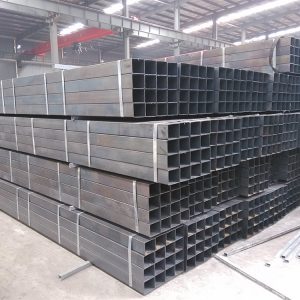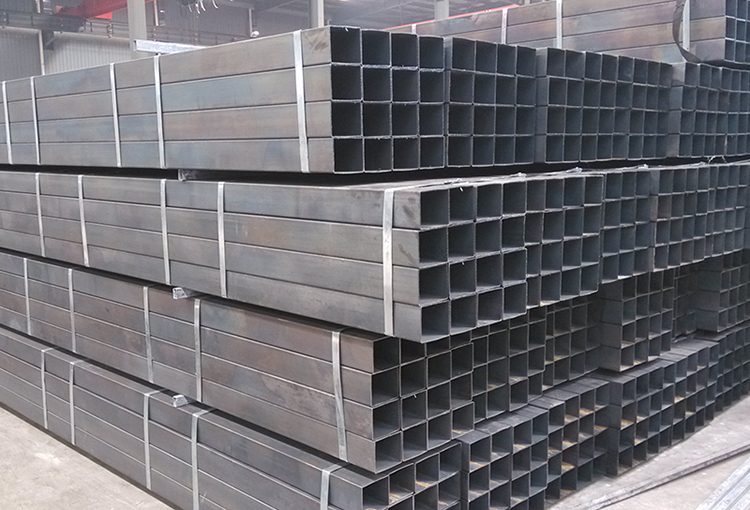Black steel pipe is named for the black oxide substance formed on its surface, which is one popular member of steel pipe kingdom in the steel pipe market today. However, the black oxide substance has no capacity of anticorrosion and antirust. In other words, it is necessary to take some measures to protect the black steel pipe from rusting in daily applications.

In the recent years, surface finishing is a broad range of industrial processes that alter the surface of a manufactured item to achieve a certain property. Finishing processes can be employed to black steel pipes: improve appearance, adhesion or wettability, solderability, corrosion resistance, tarnish resistance, chemical resistance, wear resistance, hardness, modify electrical conductivity, remove burrs and other surface flaws, as well as control the surface friction. In a few cases, some cold rolled steel pipes are manufactured with some types of coatings to restore original dimensions to salvage or repair an item. An unfinished surface is often called mill finish. There are numerous types of metal finishing processes that can be used for a variety of purposes. For example, powder coating applies a decorative finish that is similar to paint, but with greater durability. The process involves melting dry plastic powder onto the metal to produce a textured, matte, or glossy coating. A textured powder-coating machine is also highly effective in removing surface defects.
When it comes to hot dipped galvanized steel pipe in the current market, we have to give a talk about hot dipped galvanizing. It is the process of dipping fabricated steel into a kettle or vat containing molten zinc. The process is inherently simple which provides a distinct advantage over other corrosion protection methods. While the steel is in the kettle, the iron in the steel metallurgically reacts with the molten zinc to form a tightly-bonded alloy coating that provides superior corrosion protection to steel pipes in service.
Passivation is another important method to protect black steel pipe from corrosion in applications, which is widely applied to some structural steel pipes used outdoors. As a rule, this chemical treatment simply augments / expedites the naturally occurring process when the material is exposed to oxygen in the atmosphere. It simply helps “grow” the inert, oxide layer faster and thicker than found naturally. Some specifications call for use of sodium dichromate added to the acidic baths solutions to provide more rapid formation of the oxide layer or passivation film. This practice of using sodium dichromate is becoming less and less prevalent with the significant advancements in ultrasonics and citric acid known as citrisurf which encourage oxygen formation at the surface of the material while the material is still in immersion of the acid bath.
